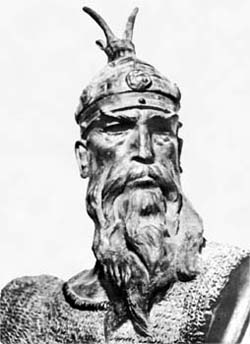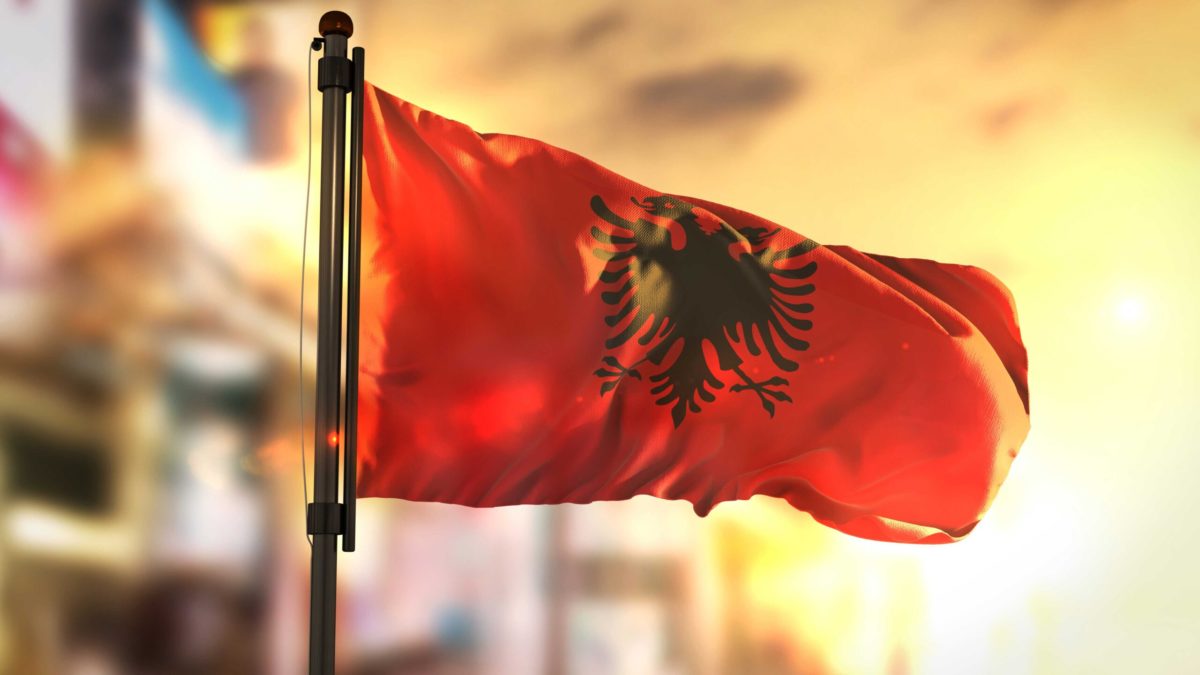A guide to Albania would be incomplete without a brief overview of the country’s unique history which is crucial for understanding the Albanian unique character and culture. The country is relatively young but it has a rich history that dates back to the 2nd millennium BC.
The Albanians trace their origin to the ancient Illyrians who inhabited the present-day Albania and the western Balkans long before the arrival of the Romans. Prior to the arrival of the Romans, the Illyrian tribes on the area saw the arrival of the Greeks who established their colonies at today’s Durrës, Butrint, Apollonia and many other places. All the mentioned cities continued to flourish under the Roman rule and the ruins of either ancient Greek or Roman settlements, or both still reveal their presence.
After the division of the Roman Empire at the end of the 4th century, the country was under the Byzantine rule until mid-14th century when most of Albania became a part of the Serbian Empire. However, the Serbian rule was short lasting. Like the rest of the Balkans, Albania was faced with Ottoman invasions in the mid-15th century which saw the rise of one of the most celebrated Albanian national heroes – Skenderbeg. He successfully repulsed all Ottoman attacks but after his death the country could not resist the Ottoman pressure and was forced to accept the Turkish rule in 1479.

Albania was ruled by the Ottoman Turks for over four centuries during which most of its population converted to Islam. Decline of the Ottoman Empire in the 19th century and the national awakening of the Balkan peoples encouraged the Albanian independence movement. Their struggle for independence reached its height with establishment of the League of Prizren in 1878 but they finally gained independence in 1913. Albania was declared principality and William of Wied as its prince. However, he was not accepted and left the country shortly after the outbreak of World War I. During World War II, Albania was occupied by Italy, while King Zogu I fled the country.
The World War II was marked by the rise of the Communist Party and Enver Hoxha who was the leader of Albania until his death in 1985 and virtually isolated the country from the rest of the world. The communist regime collapsed in 1992 and Albania entered the democratization process.




